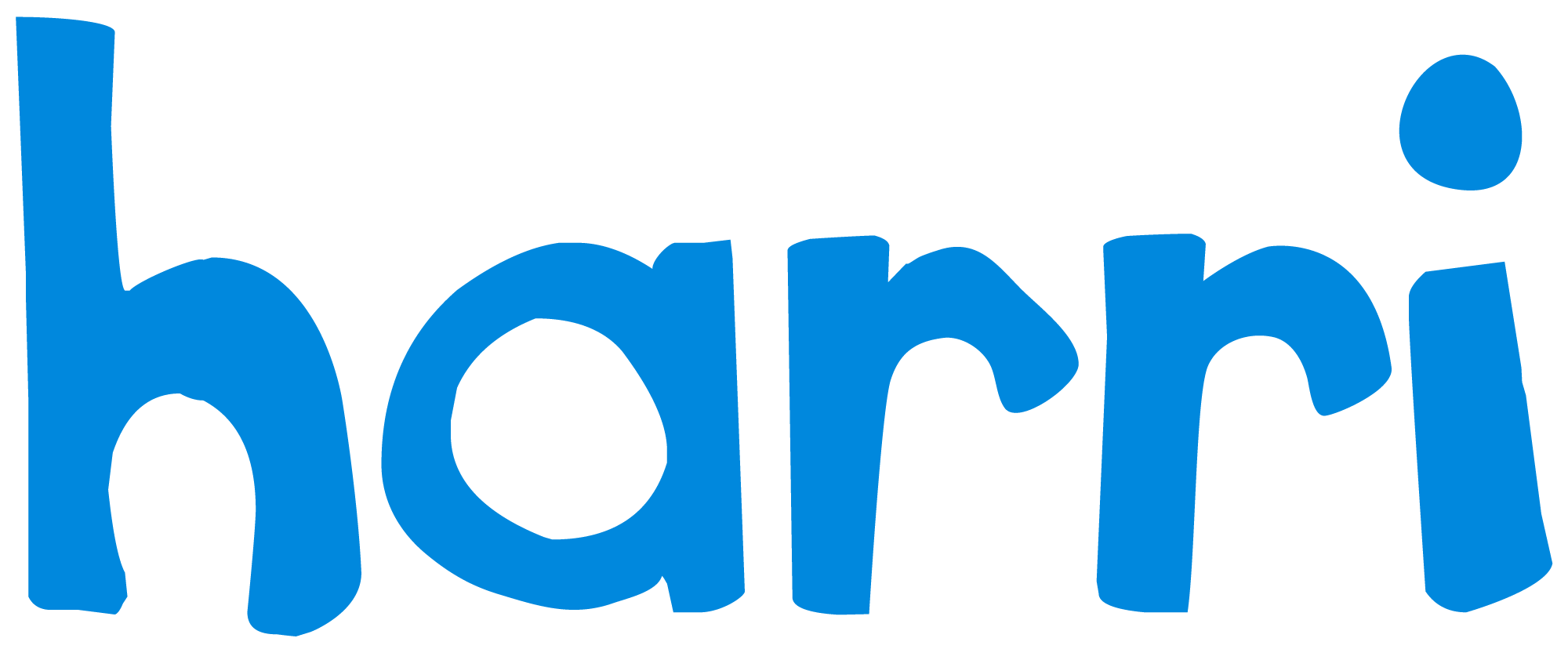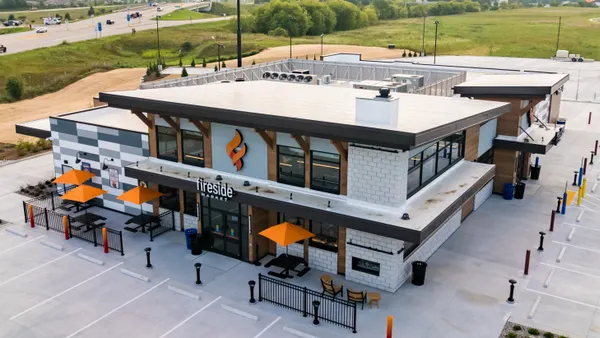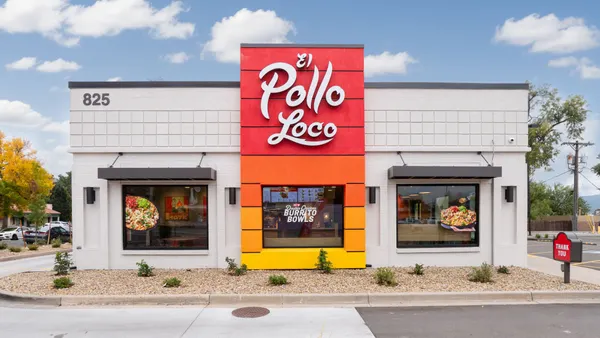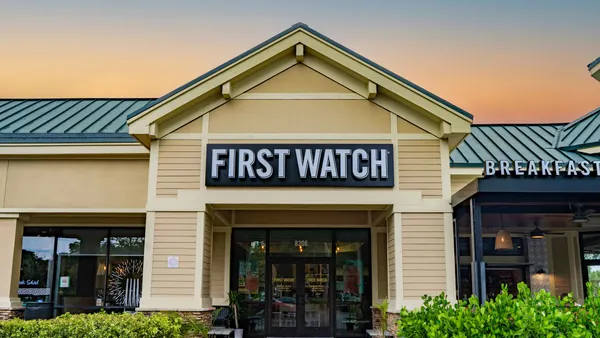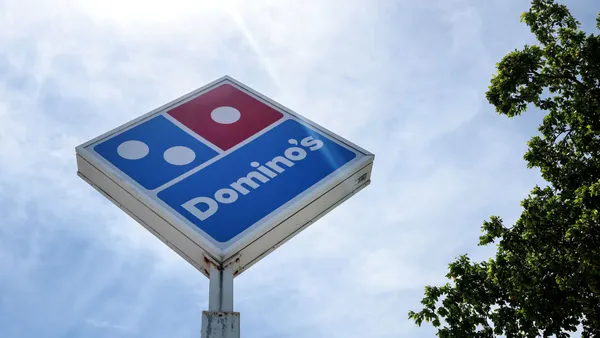Dive Brief:
- BBQ Holdings, parent company of Famous Dave's, is opening a new upscale barbecue concept with pitmaster Travis Clark called Clark Crew BBQ. The first location opened on Monday in Oklahoma City, Oklahoma, according to a press release posted on Restaurant News.
- This concept will be the first of several that BBQ Holdings is launching before the end of 2019.
- Clark has partnered with BBQ Holdings since 2018, focusing on improving Famous Dave's food quality and consistency.
Dive Insight:
The planned new concepts will be part of BBQ Holdings, which was created in September from the original Famous Dave's of America for the main purpose of evolving one brand into a multi-branded restaurant company. Clark Crew BBQ is the first of these new concepts. BBQ Holdings is also experimenting with a smaller-format, fast casual version of Famous Dave's in Tucson, Arizona. Also, the company is testing ghost kitchens in California and Michigan to serve fried chicken and burgers and virtual kitchens focused on off-premise and catering.
Currently, BBQ Holdings has three brands with 128 locations in 33 states, but that number will be higher by Jan. 1 thanks to its new concepts. What that specific number looks like, or what those new concepts are, is unknown at this time. But based on the holding company's name, they will also likely be barbecue-based and smaller formats. The Star Tribune reports that a new, smaller-format, bar-centric concept will open in the Minneapolis market by the end of the year, for example, with additional compact units in Provo, Utah, and Atlanta.
Multi-brand restaurant companies, like Yum Brands, Inspire Brands and Restaurant Business International, are becoming more common as competition intensifies and the space saturates. Such companies enable diversified restaurant brands to leverage resources and infrastructure to gain more efficiencies.
Such efficiencies could come in handy for BBQ Holdings. The company's system sales have dropped by 17% over the past two years, according to Restaurant Business. However, its most recent quarter showed a glimpse that the company's turnaround plan, including its focus on off-premise channels, might be working, yielding a 7% jump in same-store sales. Off-premise now makes up 53% of sales with 33% from to-go and 20% of sales from delivery. It seems like the company's attention to smaller-format, delivery-friendly concepts may be providing a tailwind, so it's no wonder the company wants to accelerate its portfolio.








